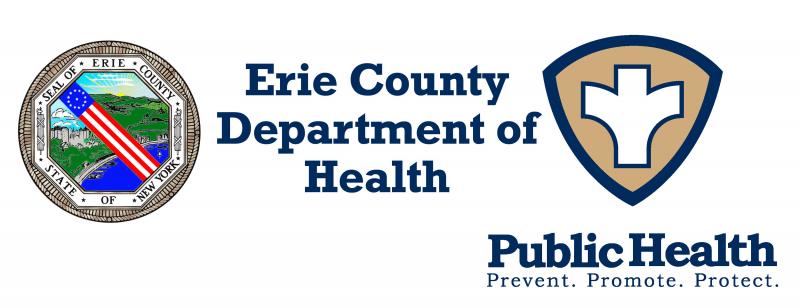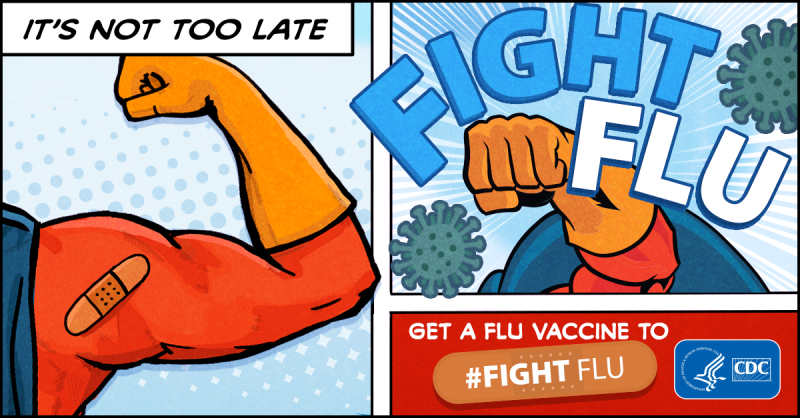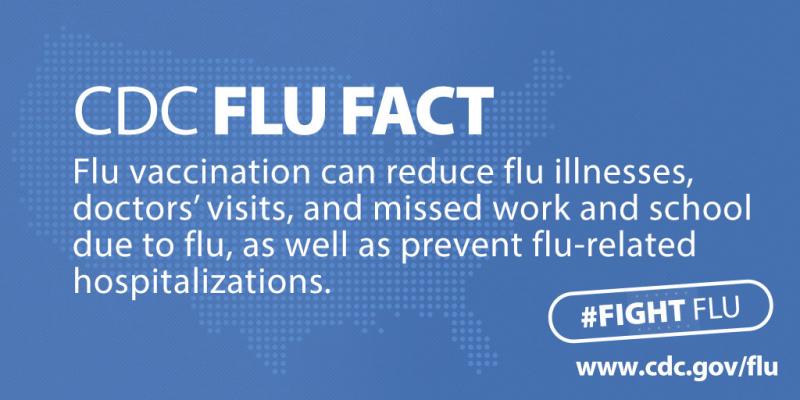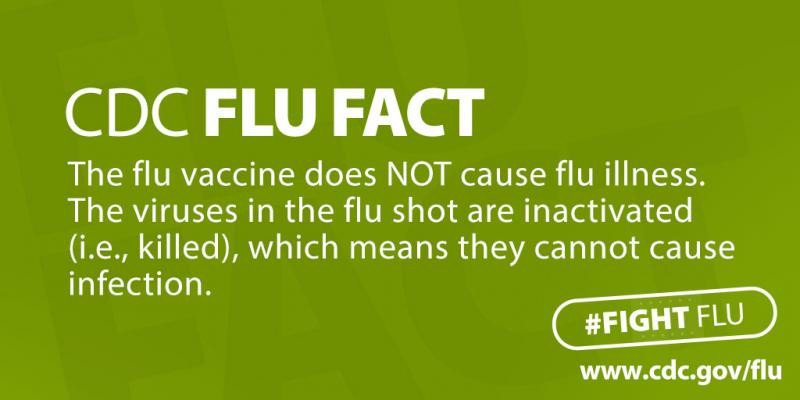Modified: December 4, 2017 12:37pm
Latest News

PRESS RELEASE
From the Office of the Commissioner of Health, Dr. Gale R. Burstein
Date December 4, 2017
CONTACT: Mary C. St. Mary/Mary.StMary@Erie.Gov
Phone: 716.858.4941/ Mobile: 716.253.3925
Take Time to Get a Flu Vaccination!
National Influenza Vaccination Week Reminds Public to Roll Up Their Sleeves
ERIE COUNTY, NY— No, it’s not too late. In addition to holidays and sweater weather, winter brings with it the flu season. This year, experts are warning that flu season may be particularly severe. The Western New York flu incidence remains low, but is expected to rise in the winter months when it is traditionally highest.
The Centers for Disease Control and Prevention (“CDC”) recommends a yearly flu vaccine as the first and most important step in protecting against flu viruses. While there are many different flu viruses, a flu vaccine protects against the viruses that are predicted to be most common.
Everyone should receive a flu vaccine as it's not only about protecting you, but others too. Flu vaccination can reduce flu-related illnesses, doctors’ visits, and missed work and school, as well as prevent flu-related hospitalizations. A quick vaccine with minimal side effects is worth it to avoid days of cough, fever, headache, body aches, fatigue, nausea, loss of appetite, and being confined to your bed. Also remember to wash your hands thoroughly and often!
“Everyone 6 months of age and older should get a flu vaccine by the end of December, if possible. Vaccination of high risk persons is especially important to decrease their risk of severe flu illness. People at high risk of serious flu complications include young children, pregnant women, people 65 years and older, and people with certain chronic health conditions like asthma, diabetes or heart and lung disease or those with a compromised immune system,” stated Dr. Gale Burstein, Erie County Commissioner of Health.
Vaccination also is important for people who live with or care for high risk people to prevent infecting them with flu that could easily lead to serious illness. “Children younger than 6 months are at high risk of severe flu illness, but are too young to be vaccinated. People who care for infants should be vaccinated to protect the vulnerable people around them,” added Burstein. Also, all people working in a health care facility, such as a doctor’s office, should receive a flu vaccine. “Ask your doctor if everyone in the office, even the receptionist, was vaccinated”, stated Burstein. “You do not want to catch the flu from a doctor’s office visit!”
In addition to receiving a flu vaccine, take these everyday preventive actions can help to stop the spread of germs:
- Teach children how to properly wash their hands
- Try to avoid close contact with sick people
- If you are sick, limit contact with others as much as possible to prevent spreading infection
- If you are sick with flu symptoms, CDC recommends that you stay home for at least 24 hours after your fever is gone (except to get medical care or for other necessities)
- Cover your nose and mouth with a tissue when you cough or sneeze; throw the tissue in the trash after you use it
- Wash your hands often with soap and water (hum “Happy Birthday” twice to ensure you have washed them thoroughly!)
- If soap and water are not available, use an alcohol-based hand rub
- Avoid touching your eyes, nose and mouth--germs spread this way
- Clean and disinfect surfaces and objects that may be contaminated with germs like the flu
# # #
For More Information:
ECDOH-Influenza (Flu) Information
New York State Department of Health—Seasonal Influenza (Flu)

